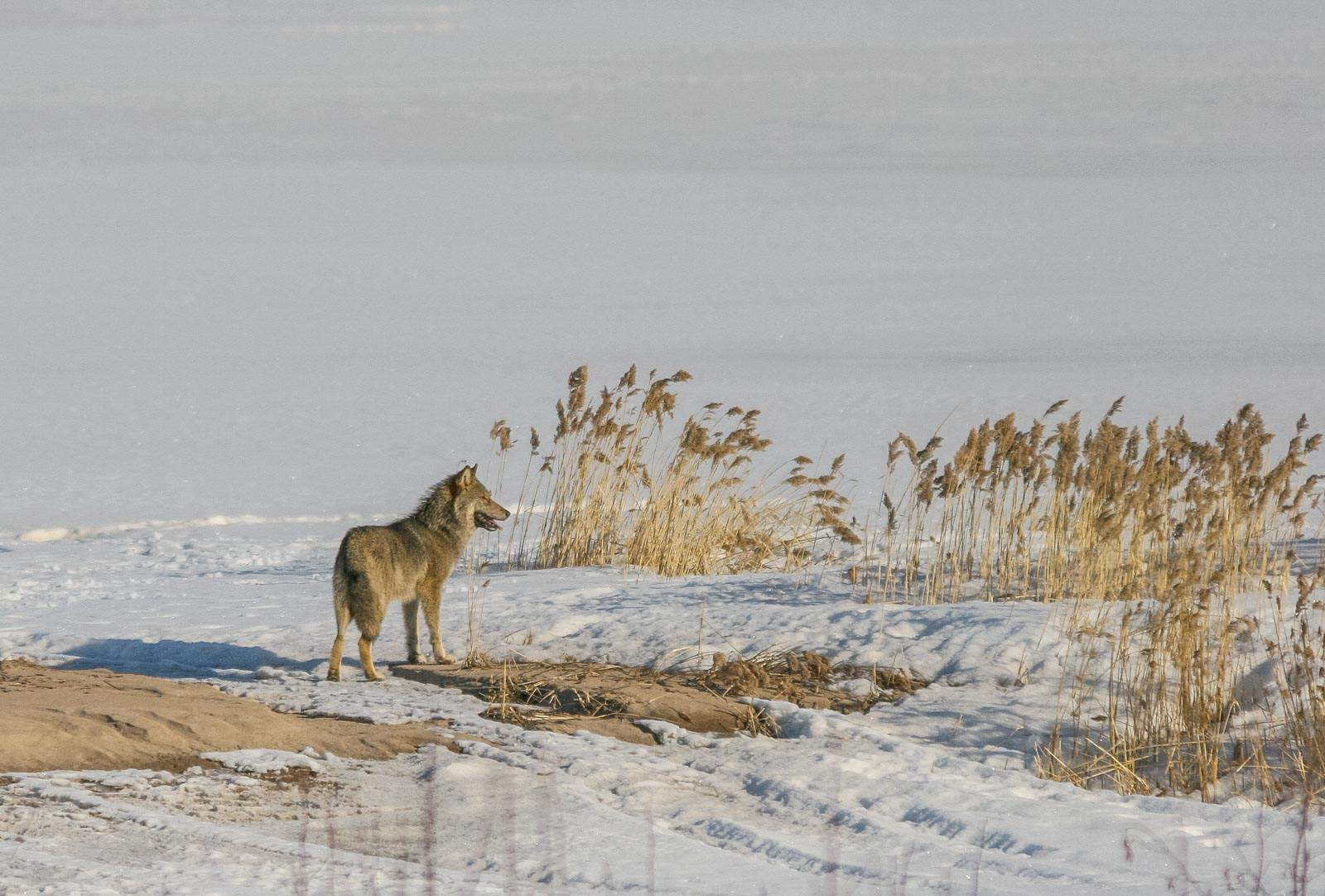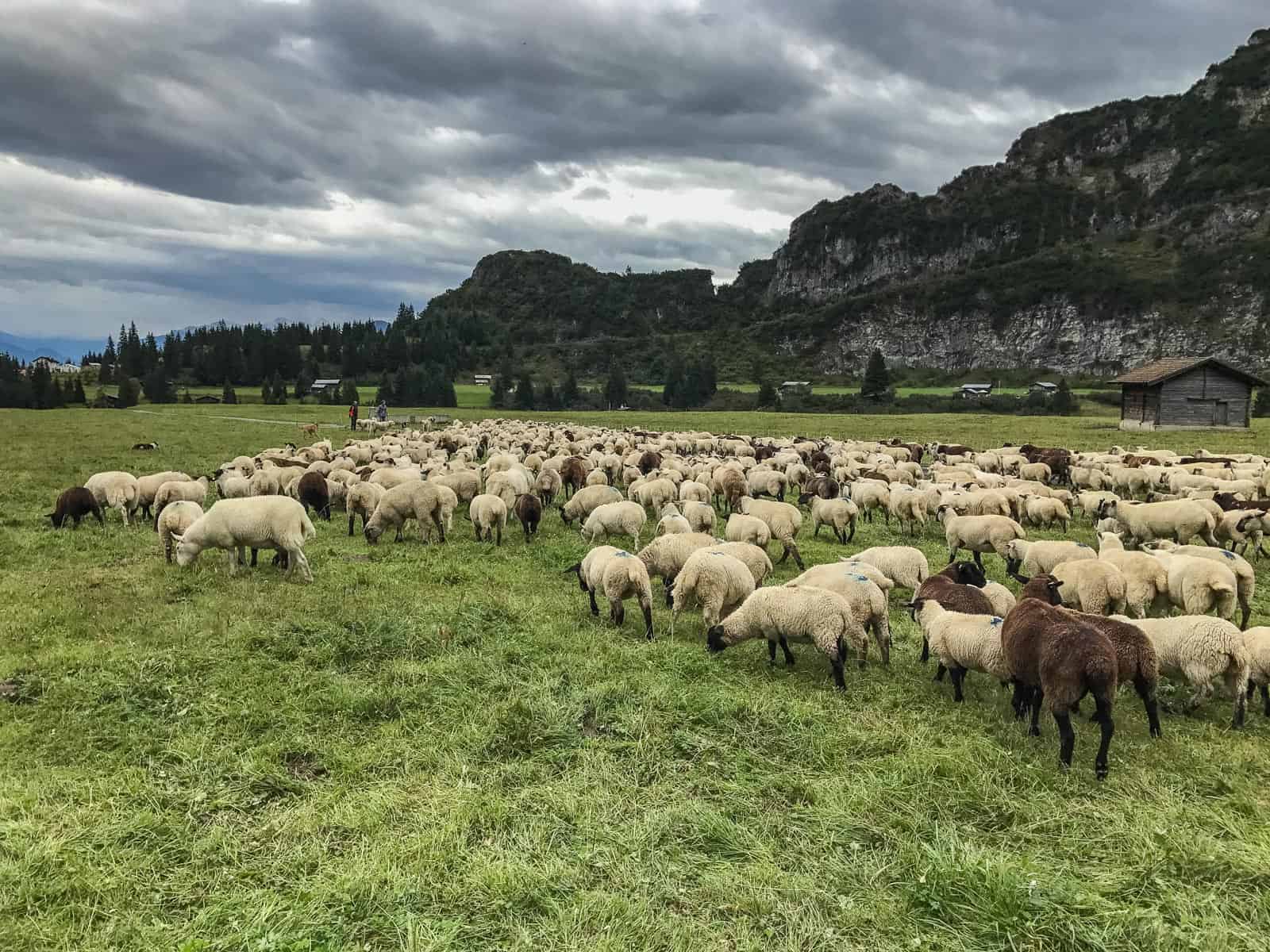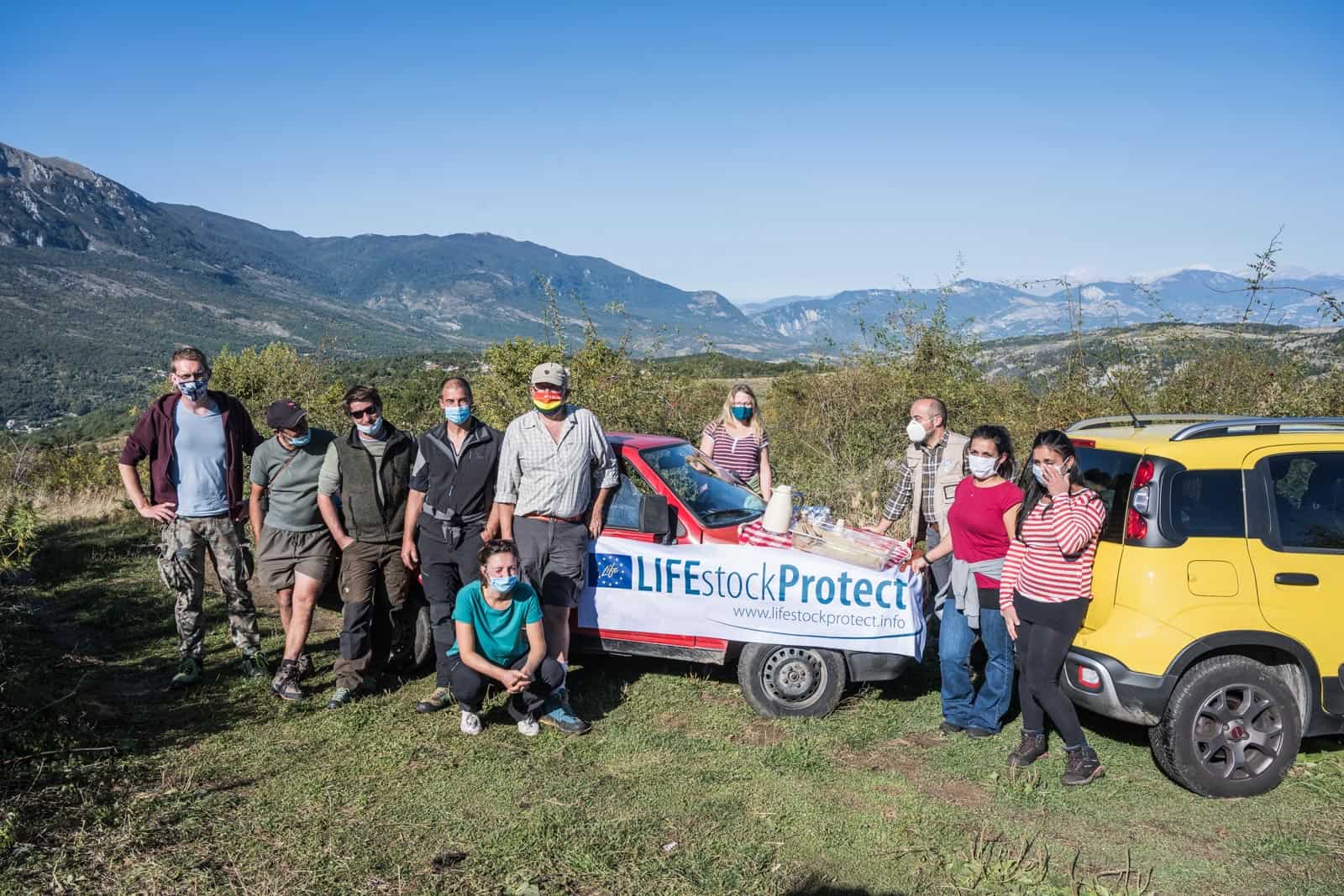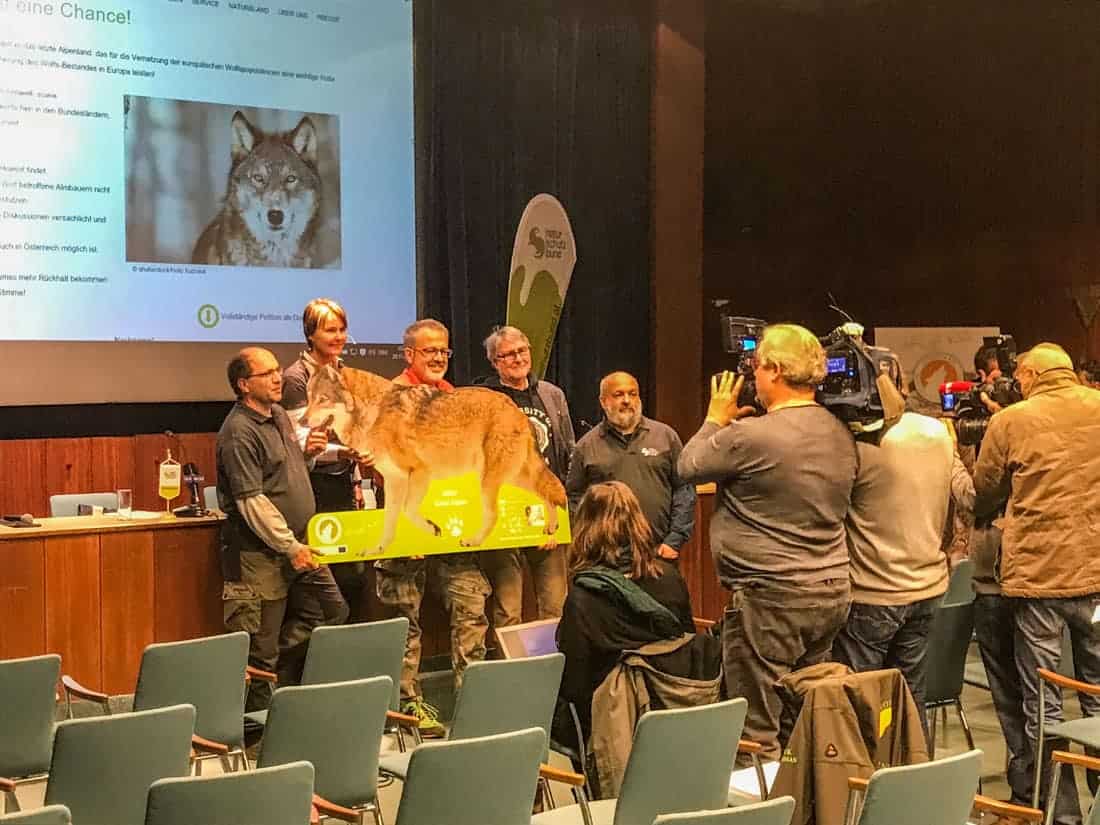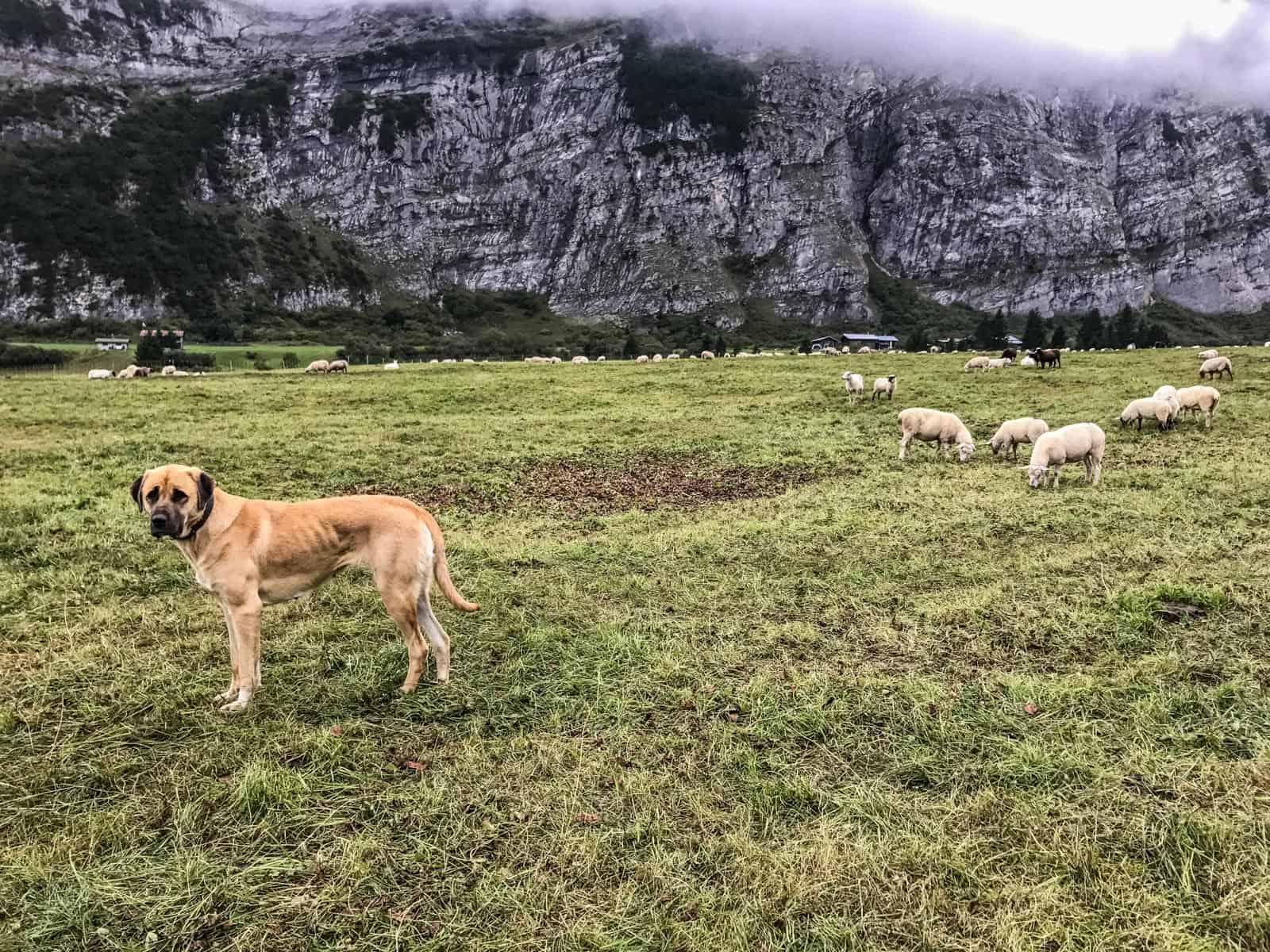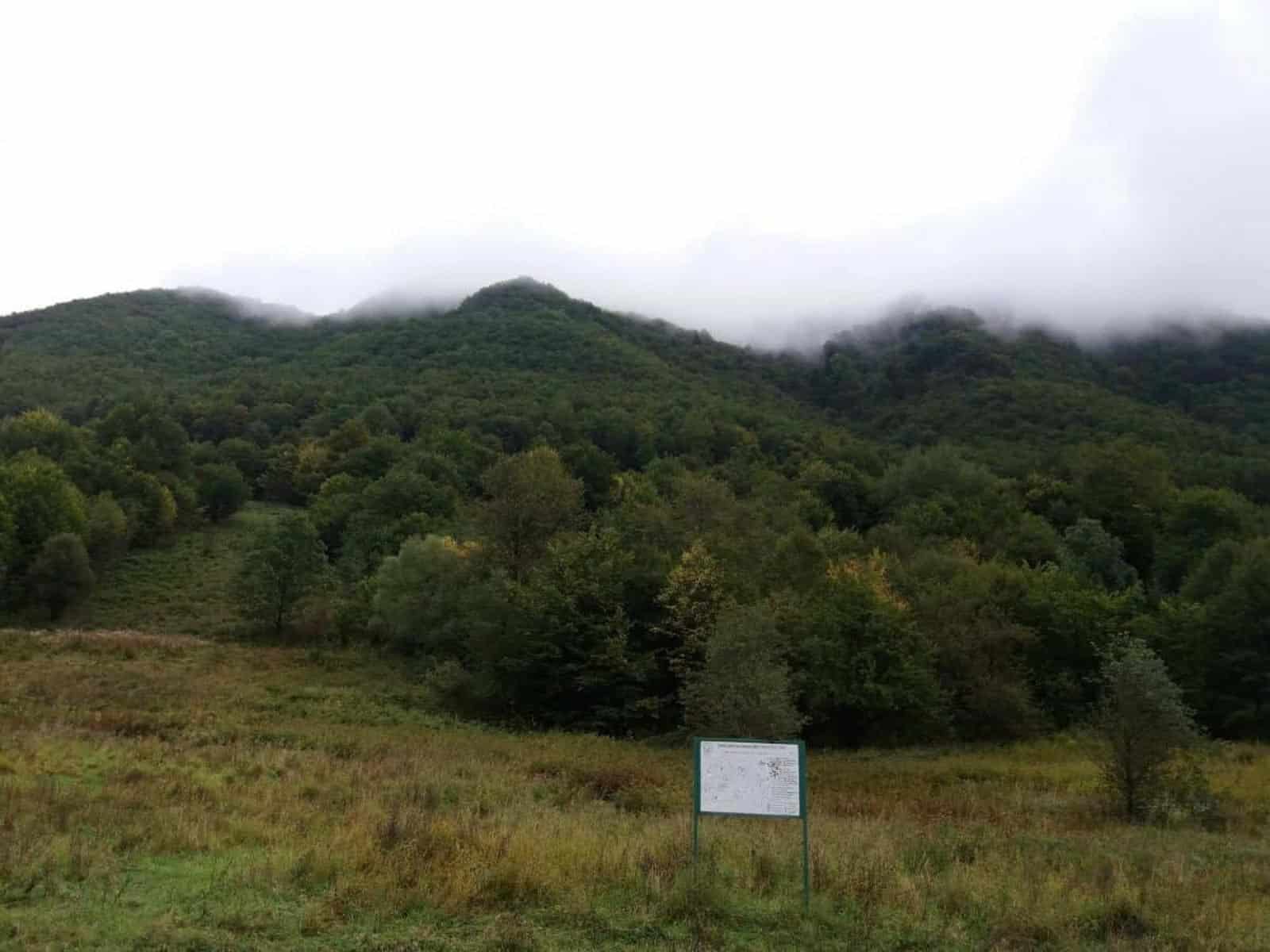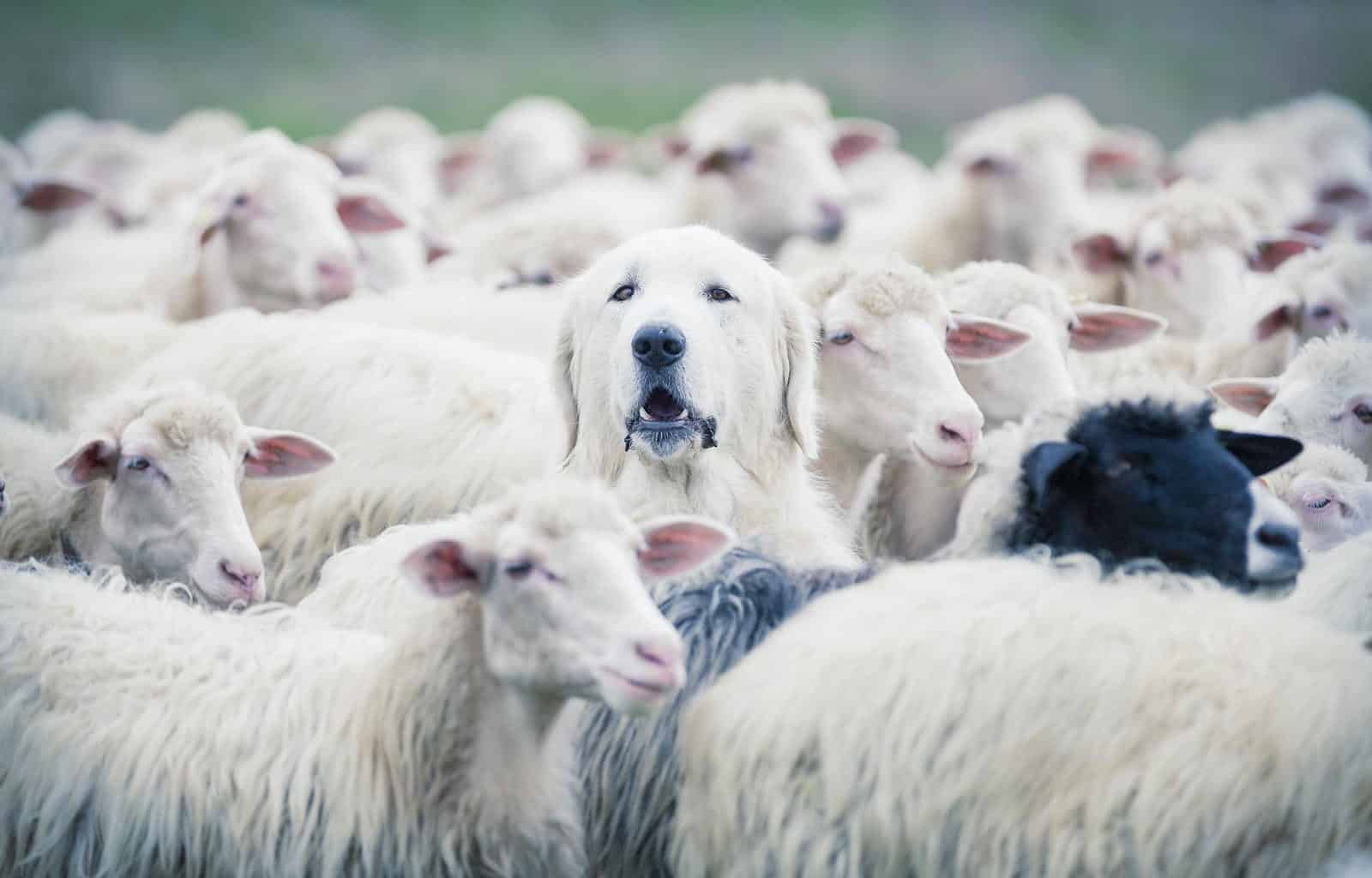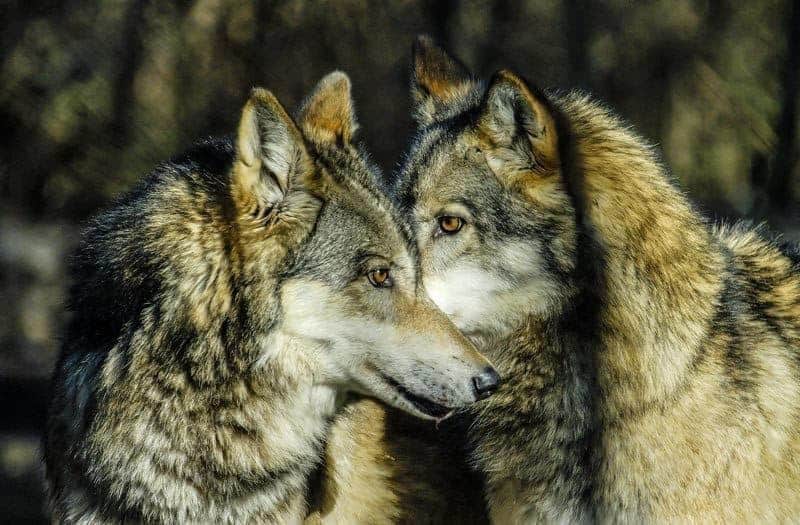Compensation payments for wolf depredation within 24 hours
Majella National Park is one of the most impressive, wild and extensive mountain ranges of the Apennines. It is also known for its Wilderness, its progressive wildlife research, and the successful coexistence of humans and wolves. Now, they take up a leading position in managing compensation payments for livestock depredation, too. Their new system can compensate farmers within 24 hours!
Please also read: Italy’s wildest places in Majella Wilderness
How the new compensation payment system works
Compensation payments for farmers for depredated livestock are not a new concept within the European Union. Unfortunately, these payments usually take a long time. Clearly, they are an important tool to promote coexistence of humans and large carnivores. However, high bureaucratic efforts and long waiting time diminish their effectiveness. Additionally, critics may even use this as an argument against conservation efforts for large carnivores. A new system installed recently in Majella in Italy shows that it does not have to be this way. They will provide compensation to farmers in 24 hours. Here is how it works:
A farmer reports the loss of a sheep, allegedly predated by a wolf. The Veterinarian of the park gets an alert and carries out the necropsy inspection, in this case confirming wolf depredation. The following morning the farmer accepts the compensation proposal. Then, the Veterinary Office of the park finalizes the administrative process of the direct payment to the farmer the same day. Eventually, depending on the availability of a vet and the complexity of the case, this process can extend a little bit. However, the main point is that the system is set up to avoid unnecessary bureaucracy and, thus, compensates the farmer as soon as possible.
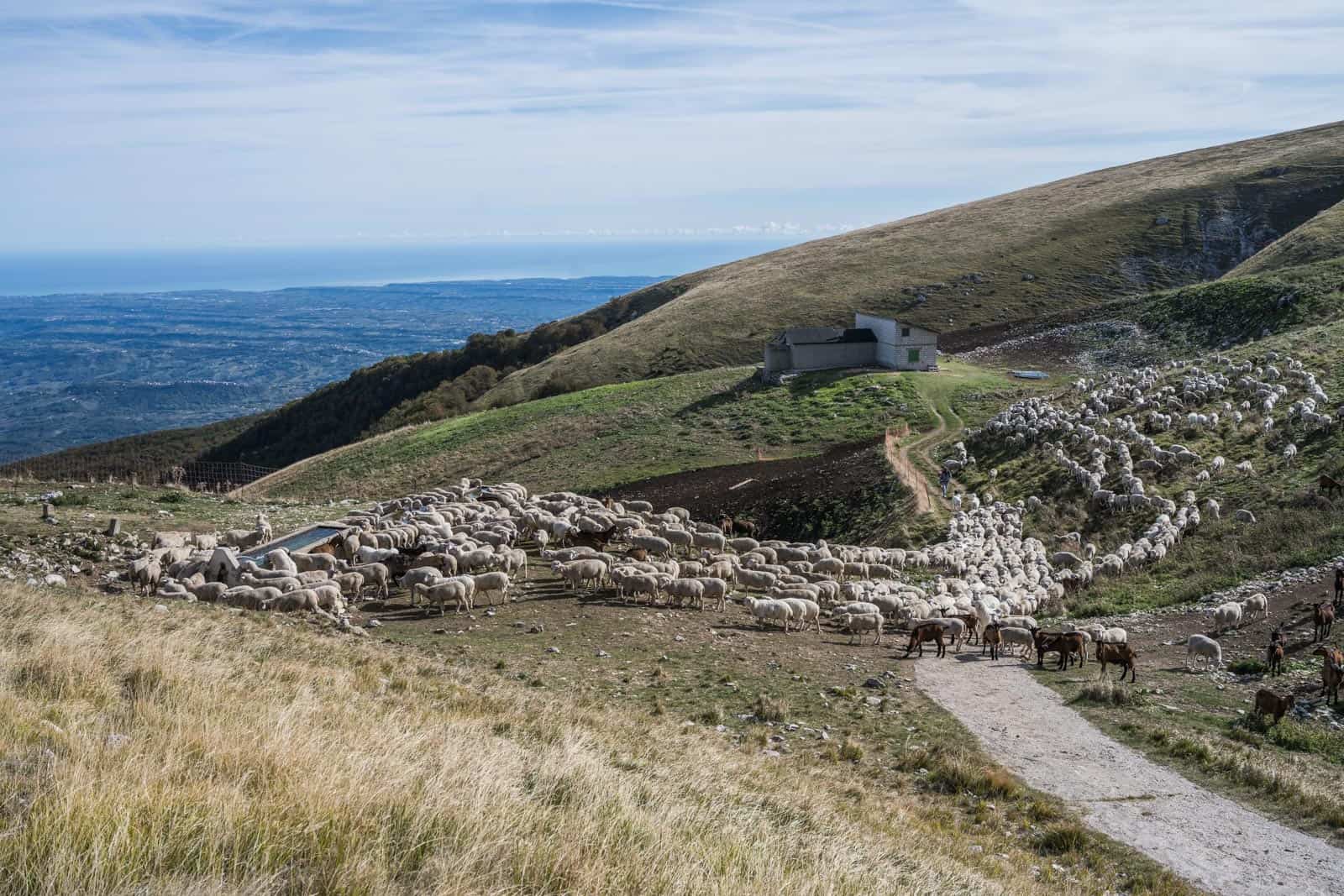
Coexistence of farmers and wolves in Majella National Park
The park, with a surface of 750 km2 is home to approximately 100 wolves in 10 different packs. The wolves have always been in the area and, thus, farmers are used to live and work alongside them. A recently published study even showed that wolves live closer to urbanized territory than one might think. The researchers found an anti-microbial resistance gene in one of the wolf packs that has its home range close to human infrastructure like pig farms and slaughterhouses. The contamination of the environment with antibiotics used in these facilities, thus, led to the presence of the resistance gene in the wolves.
Besides the shared territory of wolves and humans in the region of Majella National Park, the effective use of livestock protection measures prevents depredation to happen in the first place. In other regions of Europe like the Alps, farmers are still adapting their work routine to the return of wolves. An important part of this adaptation is information and knowledge exchange. The LIFEstockProtect project encourages such exchange between farmers of different regions. You can read about the experiences of the project team and two Austrian farmers during a visit to Majella National Park in October 2020 here.

